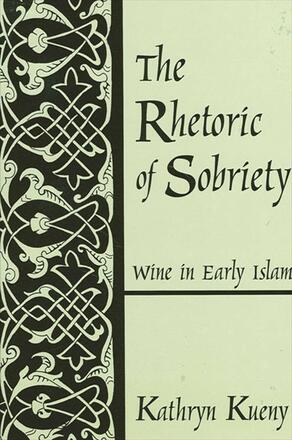
The Rhetoric of Sobriety
Wine in Early Islam
Alternative formats available from:
Explains the prohibition of alcohol in Islam using a wide range of materials from the early Islamic period.
Description
Why does Islam condemn wine and other alcoholic beverages? The complexity behind this simple question is examined in The Rhetoric of Sobriety. Drawing on an array of revelatory, legal, historical, and exegetical materials (both Sunni and Shi'ite) from the early Islamic period, and contrasting them with comparable Judaic and Christian works from the same era, the author analyzes the rhetoric used to establish the proper authoritative boundaries that would contain wine's ambiguous nature. How believers chose to identify wine as a marginal substance and assert its prohibition offers a rare glimpse into the underlying intellectual strategies of early Muslim thought to resolve conflict, create meaning, structure the world, govern human behavior, and convey the divine message. Ultimately, this examination reveals some of the ways in which the early Islamic community created its identity, and asserted it over other confessional groups with similar convictions.
Kathryn Kueny is Assistant Professor of Religious Studies at Lawrence University.
Reviews
"The author's approach in comparing the various forms of discourse on the issue of wine is original and compelling. She shows that wine is more than a prohibited or taboo object; how it is represented in the various forms of Islamic discourse says much about wine as an ambiguous issue for early Islam." — Daniel Martin Varisco, Hofstra University